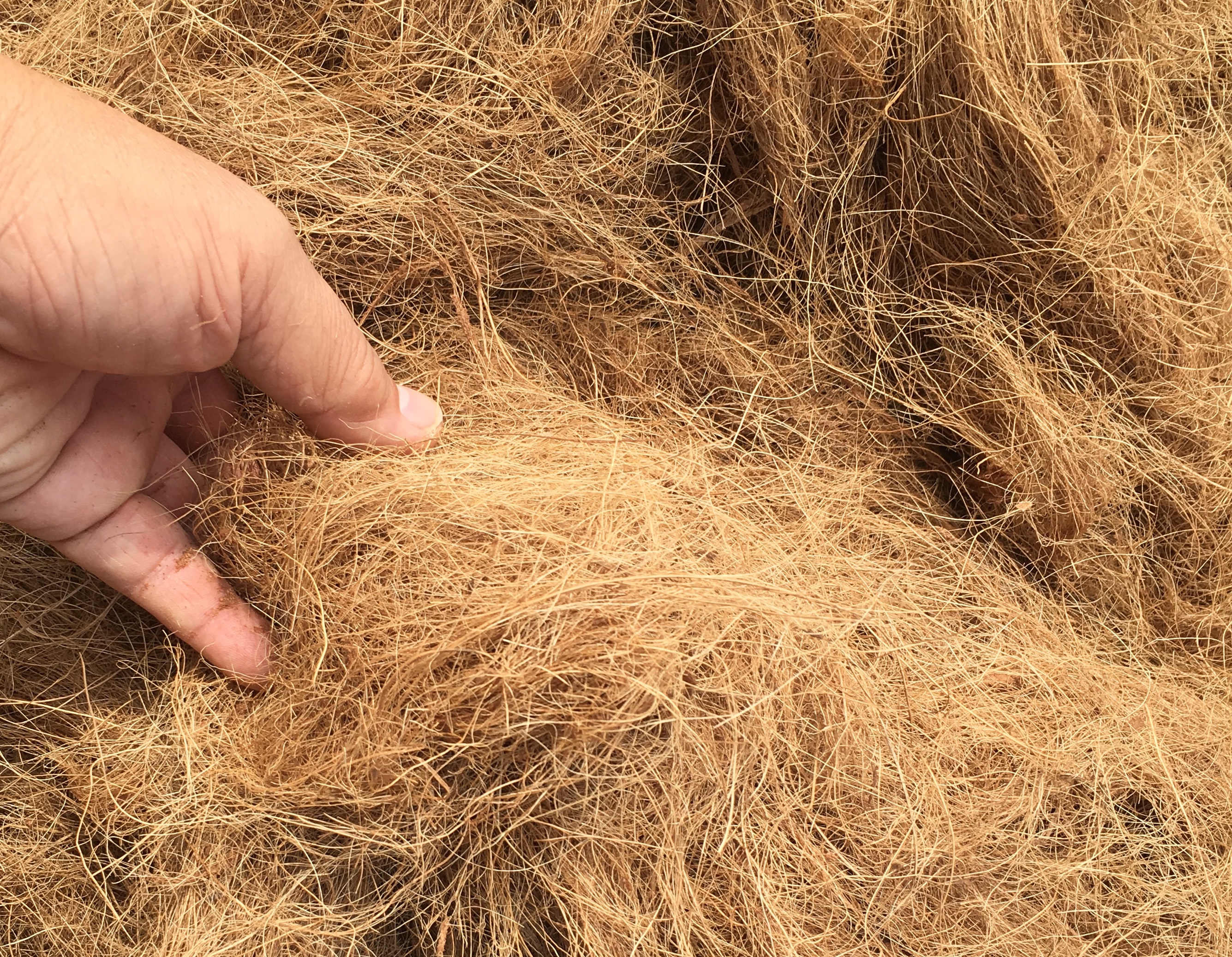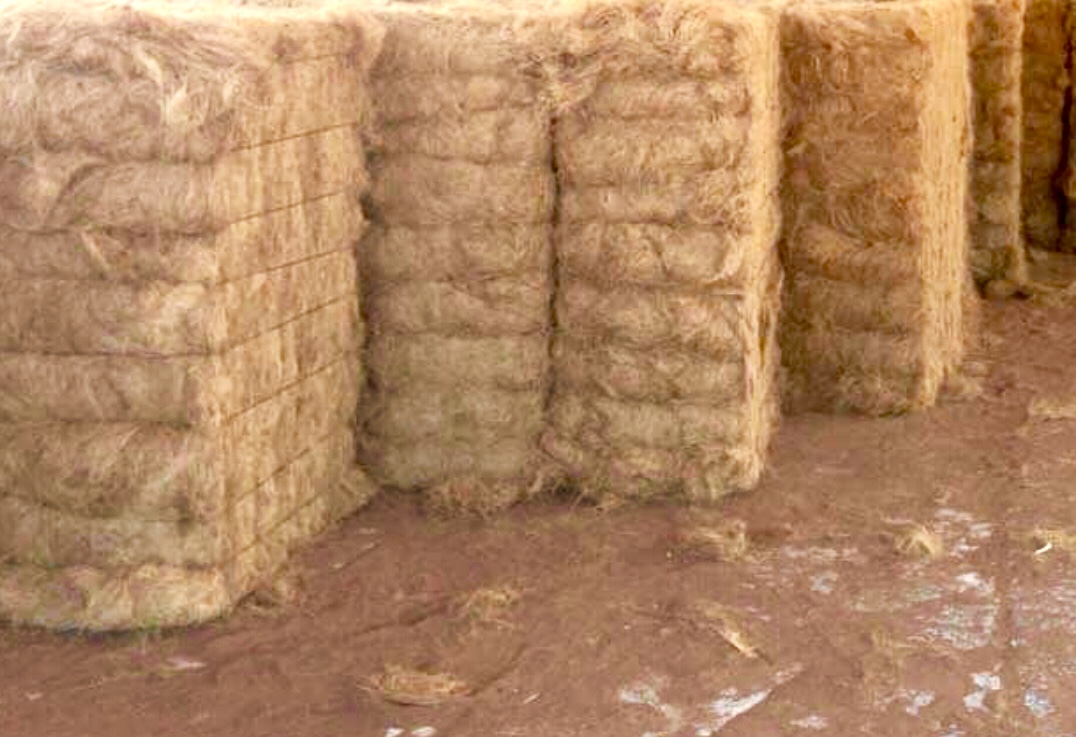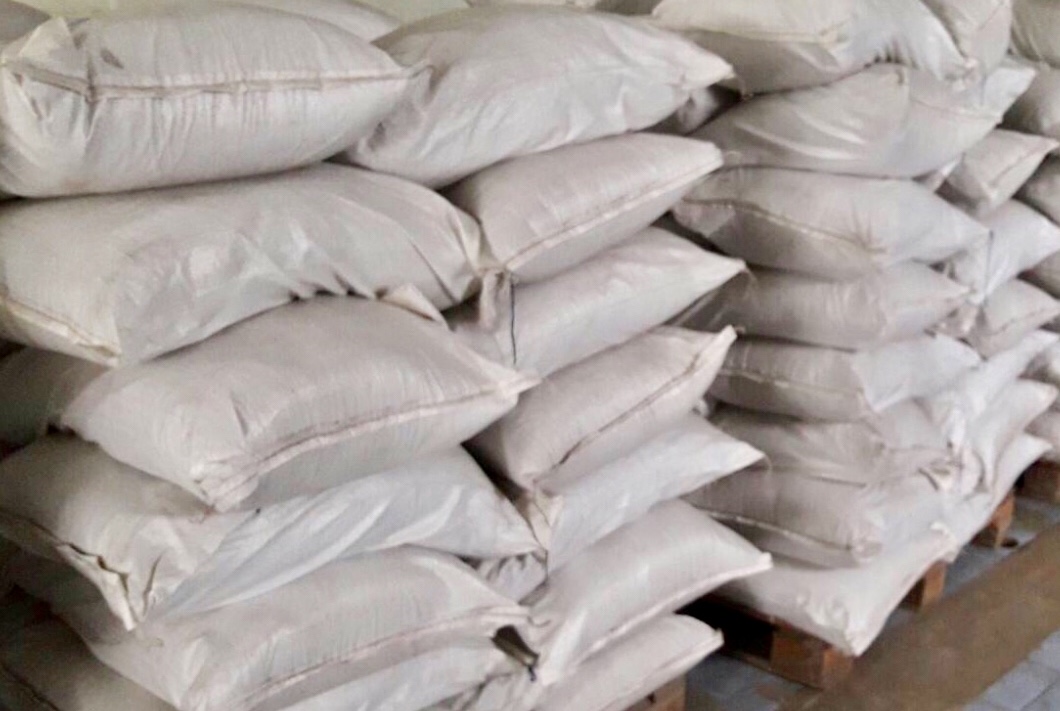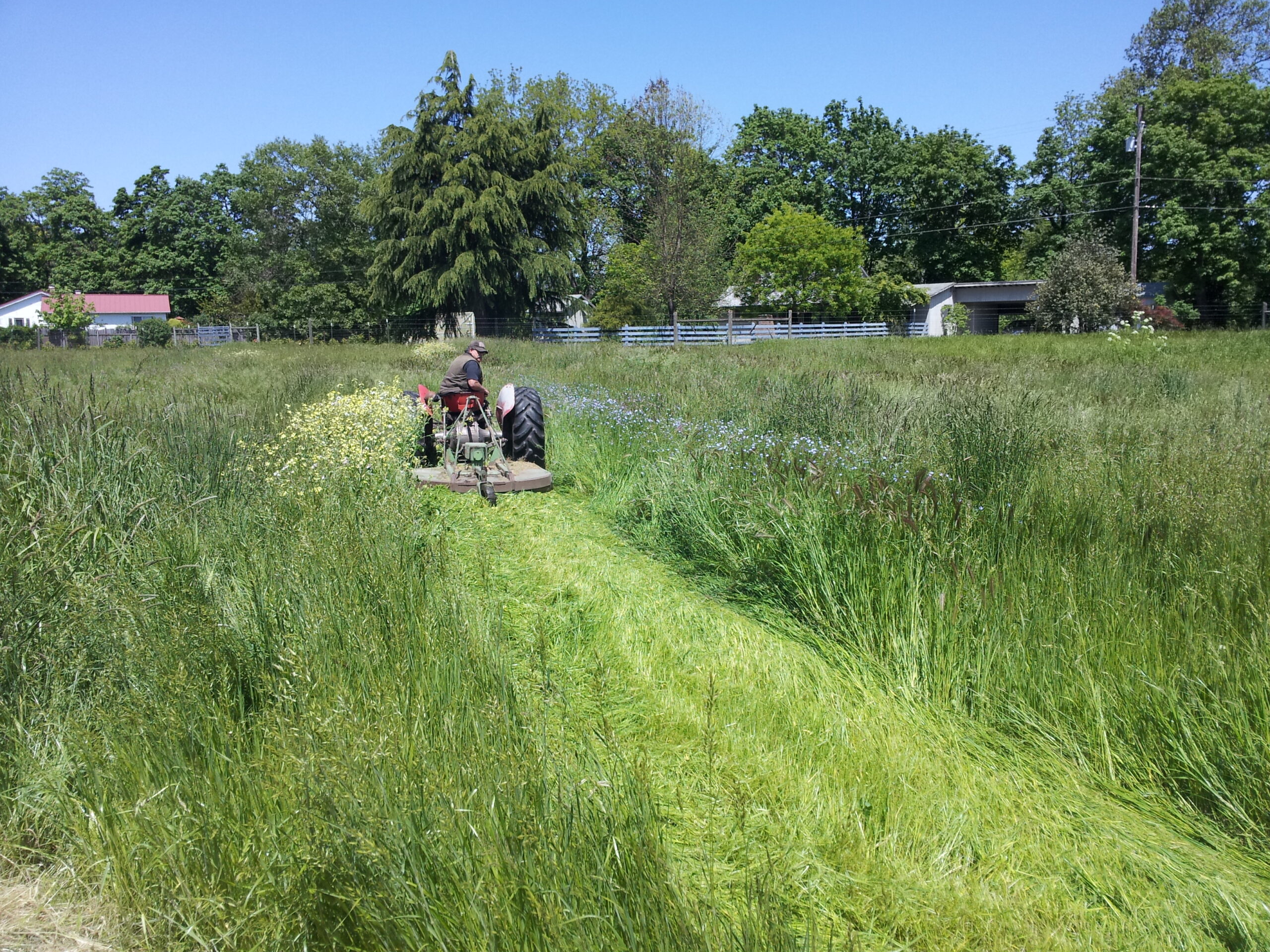Coco Coir
Coco coir, often referred to simply as “coir,” is a natural fiber extracted from the husk of coconuts (Cocos nucifera). It is a versatile and environmentally friendly material used for various purposes, particularly in agriculture and gardening. Here are some key aspects of coco coir:
Fiber Extraction: Coco coir is obtained from the outer husk of coconuts. The husk is processed to extract the fibers, which can then be used in different forms.
Types of Coco Coir:
- Coco Coir Fiber: These long and coarse fibers are often used to make ropes, doormats, and various handicrafts.
- Coco Coir Peat (or Coco Peat): This is a more common and widely used form of coco coir. It is the byproduct obtained after the fibers have been extracted. Coco peat is a soilless growing medium used in horticulture and gardening.
- Coco Coir Chips: These are larger chunks of coconut husk, used as a component in potting mixes and hydroponic systems.
Horticultural Use: Coco coir is a popular alternative to traditional soil in gardening and horticulture. It has excellent water retention properties while also providing good aeration to plant roots. It’s often used as a component in potting mixes for container gardening or as a medium for hydroponic systems.
Sustainability: Coco coir is considered an eco-friendly option because it is a renewable resource and reduces waste by utilizing the coconut husk, which would otherwise be discarded. It’s also biodegradable.
pH and Nutrient Properties: Coco coir typically has a neutral to slightly acidic pH, making it suitable for a wide range of plants. However, it’s important to note that coco coir is relatively inert and does not provide many nutrients to plants. Therefore, it is often used with fertilizers to provide essential nutrients to plants.
Watering: Coco coir retains moisture well but doesn’t become waterlogged. It provides a good balance between retaining water and allowing for proper drainage, which is essential for plant health.
Disease Resistance: Coco coir is resistant to pests and diseases, making it a favorable choice for organic gardening.
Disadvantages: While coco coir has many advantages, it’s not without its drawbacks. It can sometimes have a high salt content, which needs to be leached out before use. Additionally, it may require the addition of nutrients since it is nutrient-poor on its own.
Coco coir’s popularity has been steadily increasing, especially among environmentally conscious gardeners and growers. It offers a sustainable and versatile option for various gardening and agricultural applications.



Coco Coir Packaging
20 Kg. bags, 2,200 lb. pallet.
By Container

